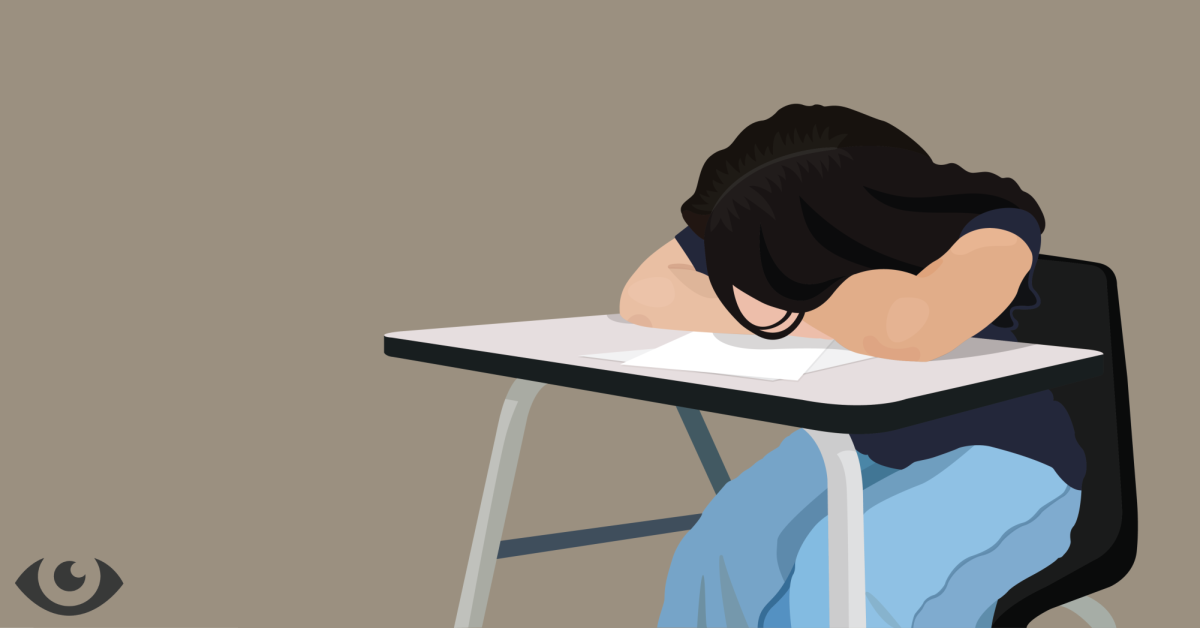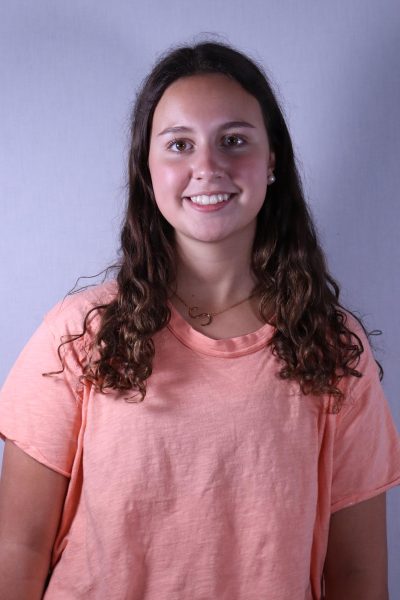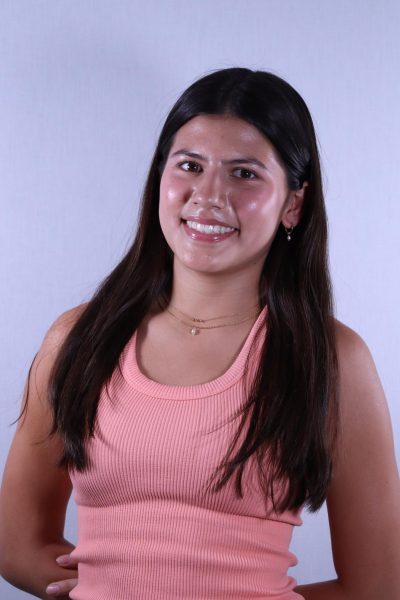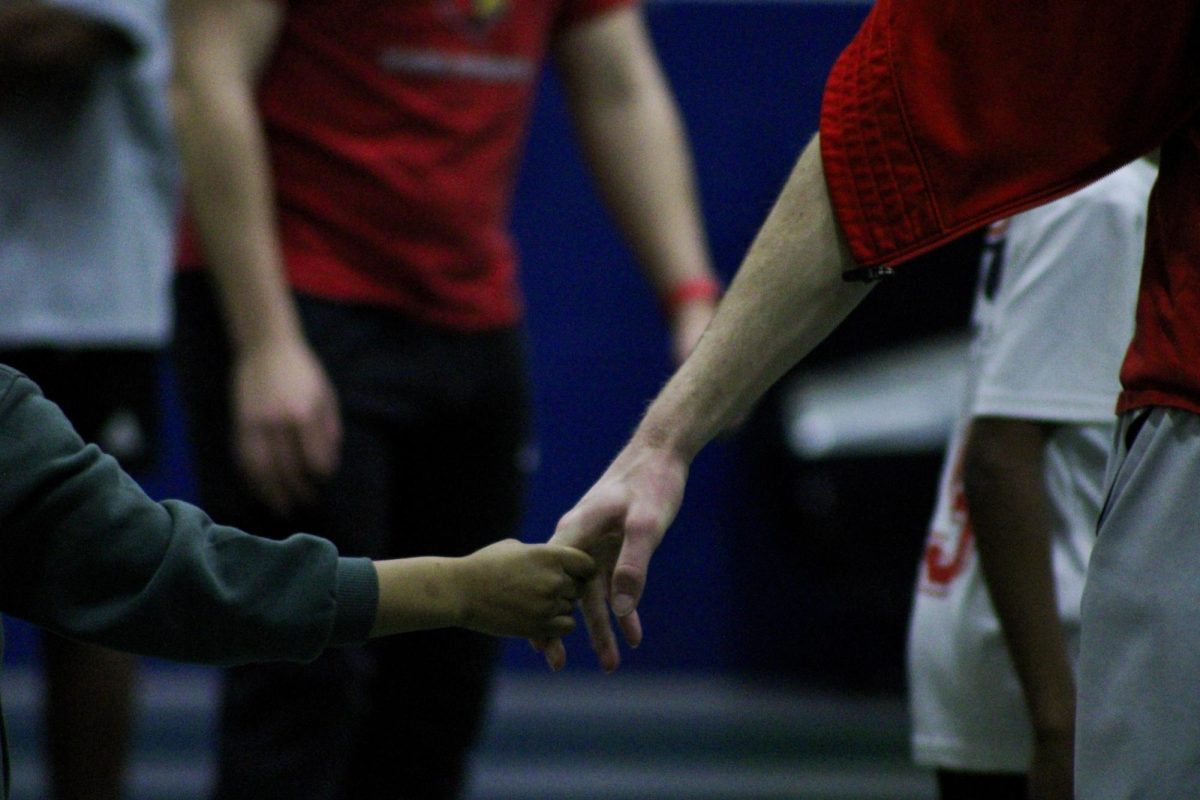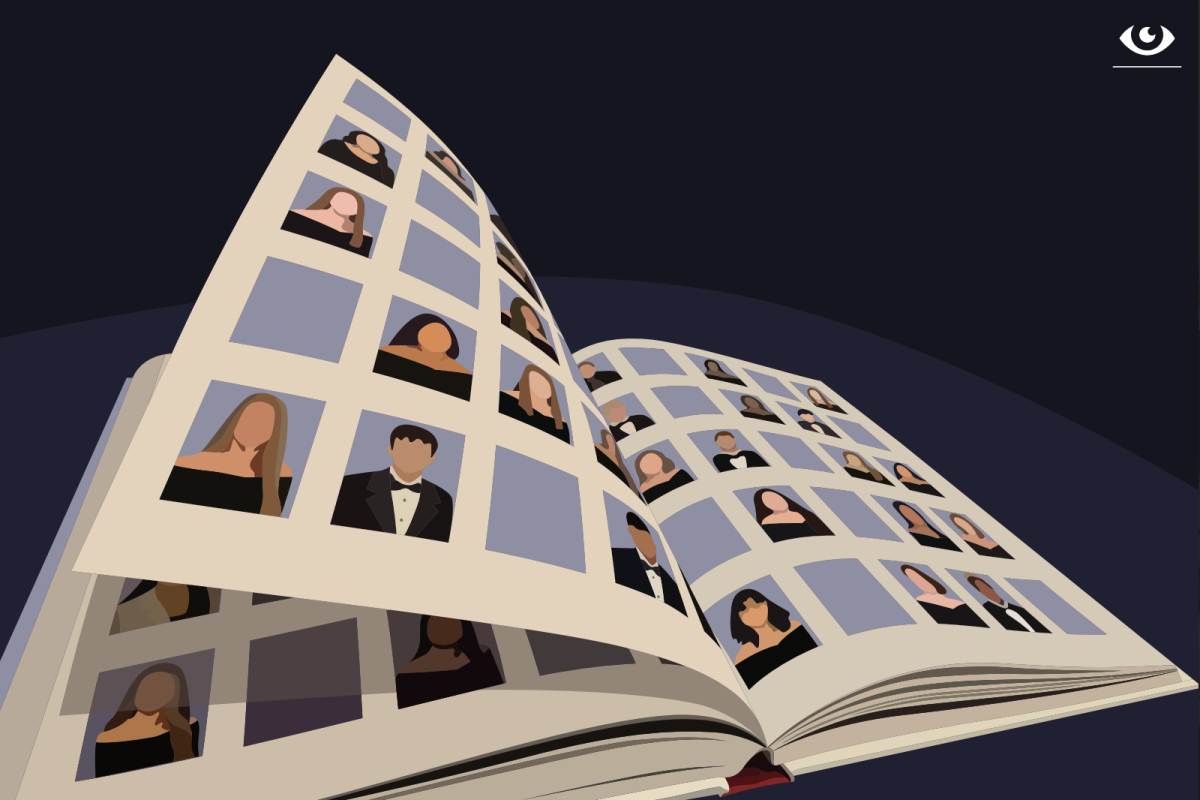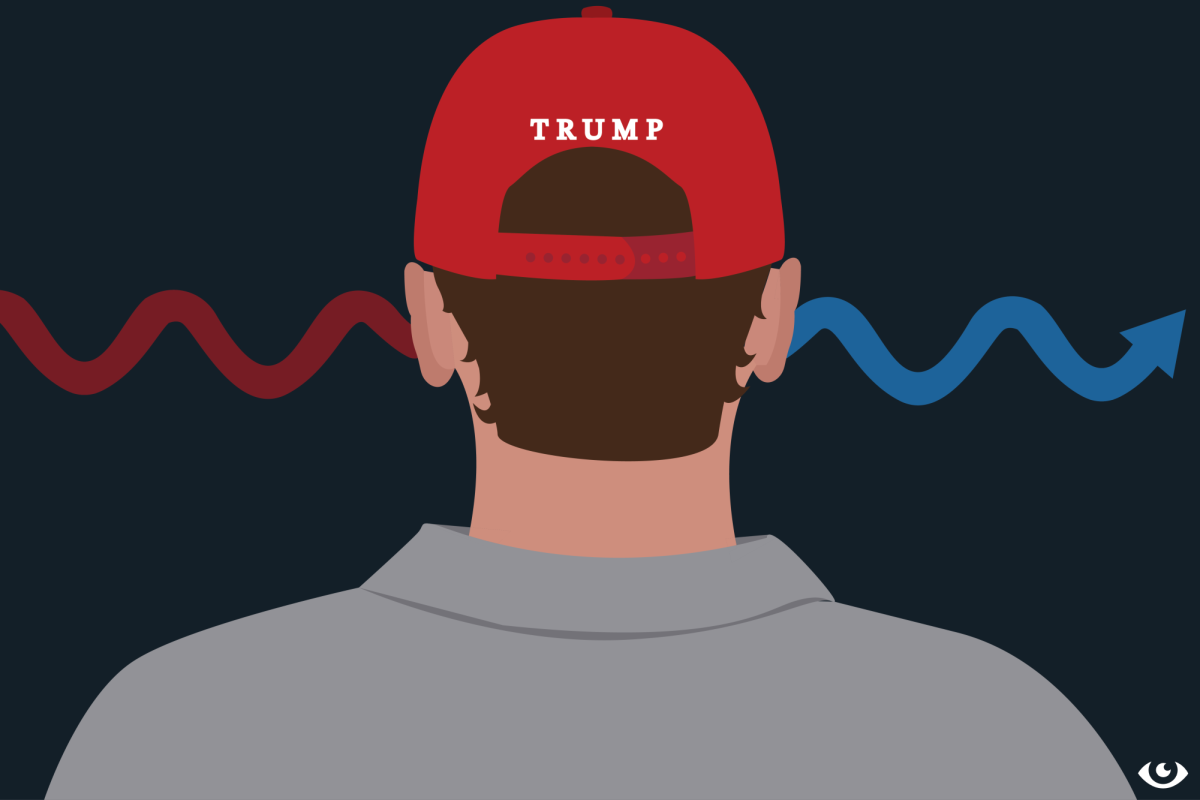On May 7, 2024, the JCPS board voted in favor of a new start time plan for the 2024-25 school year. This plan split JCPS into three different categories; schools starting at 7:30 a.m., 8:30 a.m., and 9:40 a.m. 11 Louisville high schools, including Manual, were pushed back to start at 7:30. Previously, Manual began school at 7:40 a.m. Although only 10 minutes earlier, the start time has many negative effects on students.
Barbi Carpenter is an Advanced Practice Registered Nurse (APRN) with Norton Healthcare. She specializes in pulmonology and sleep medicine and has a daughter at Manual.
“The American Academy of Sleep Medicine says teenagers between ages 13 and 18 need approximately eight to 10 hours of sleep, So that’s the scientific answer. However, we know that people are not textbooks. Some people need more for restorative sleep, and some people can get restorative sleep on less,” Carpenter said.
Carpenter describes restorative sleep as how much sleep a person needs to get in order to wake up feeling well rested.
“There can be a lot of barriers for teens getting restorative sleep, like activities, homework, and that sort of thing impeding your bedtime,” Carpenter said.
Additionally, circadian rhythm is a big factor for teenagers’ sleep schedules. According to the National Library of Medicine, circadian rhythm is a 24 hour internal clock that regulates cycles of sleep based on the light changes in our environment. Teenagers go through a natural shift in circadian rhythm, making it more difficult to fall asleep before around 11 p.m. If kids aren’t going to sleep until 11 p.m. or later, and are having to wake up around 6 a.m., they are getting a maximum of seven hours of sleep. This is not suitable for the restorative sleep of eight to 10 hours that is recommended.
In order for students to be successful in school, it is necessary for them to get restorative sleep. It is hard to stay awake and focused for a full seven hour period without adequate sleep the night before. Academic success comes from concentration and engagement in the classroom, and it is nearly impossible for a student to perform well running on only six or seven hours of sleep.
“Yesterday, I fell asleep during CERT testing, and I feel a lot more agitated and tired in all of my classes now that we start earlier,” Piper Fulton (10, HSU) said.
Like Fulton, many students feel great effects from a start time just 10 minutes earlier than years prior.
“Even though it’s only 10 minutes, it definitely matters and I feel way more tired at school,” Keanu Kawata (12, HSU) said.
Many school districts across the country have made the switch to later start times since the American Academy of Pediatrics put out a statement recommending that middle and high schools should start at 8:30 a.m. or later. In 2019, California passed a law mandating that schools start after the recommended 8:30. Florida and other states have also enacted similar legislation. Research has proven that later school start times are directly linked with more sleep, and in turn, better academic performance.
JCPS should have considered these facts when making the decision to push start times last year. In considering data from psychologists along with school districts across the nation, the obvious decision is to make school start times later.
JCPS claims that earlier start times were necessary due to the bus driver shortage. The three separate groups give bus drivers more time to finish a full route, then start another one. If this is the case, there is no reason why schools like Manual and Butler, magnet high schools without busing, should start in the 7:30 time bracket.
Another possibility for start time brackets is to separate by level of school. Because elementary schoolers have not yet experienced a shift in circadian rhythm, they are able to go to bed earlier and achieve a restorative sleep, even when having to wake up early. High school students, who naturally go to sleep later, would have the latest start time to make restorative sleep a more feasible goal.
The district made changes for their own convenience, rather than in the best interest of their students. The board will meet again to discuss start times for the 2025-2026 school year, and it is imperative they consider what will benefit their students’ well-being and success when making their decision.





